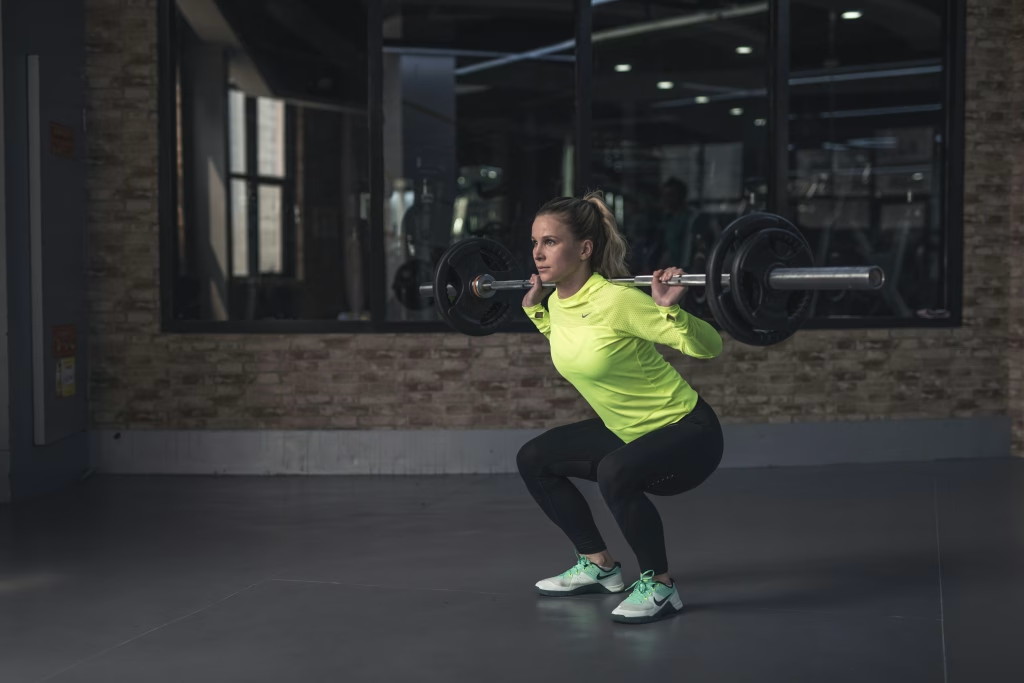
Why Minimalism Isn’t Just a Trend, It’s a Mental Health Tool
Minimalism looks like a lifestyle trend, clean white walls, perfectly organized closets, or Marie Kondo-ing your life into aesthetic bliss. But behind the Instagram grids and Pinterest boards is a deeper, far more impactful truth:
What’s Minimalism:
Minimalism is a lifestyle that emphasizes simplicity, clarity, and intentionality. It’s about stripping away unnecessary elements and focusing on what’s truly important
In an age where more is marketed as better, minimalism shows up like a quiet rebellion whispering that less might actually be the key to more peace.
Minimalism isn’t just about stuff. It’s a mental health revolution.
Here’s why ditching the excess might be the most powerful form of self-care you’ll ever practice.

1. Clutter Isn’t Just Physical It’s Psychological
You may not realize it, but every object in your space demands your attention — even if just subconsciously.
Studies show that clutter:
- Increases cortisol (your stress hormone)
- Impairs focus and productivity
- Contributes to feelings of anxiety and overwhelm
Minimalism reduces decision fatigue, quiets mental noise, and helps you create an environment that supports clarity not chaos.
ASLO READ
The Successful People Mindset and Habits For Success
Self-Care is Not Selfish, It’s Necessary
2. Fewer Things = Fewer Distractions
In a world of push notifications, endless scrolling, and dopamine loops, distraction is the norm. But minimalism especially digital minimalism invites you to:
- Log off
- Delete unnecessary apps
- Unsubscribe from mental clutter
The result? More intention, mindfulness, and mental space to actually breathe.
3. It Frees You From the Mental Trap of Consumerism
Let’s face it: Social media sells you the lie that happiness lives in the next haul, gadget, or luxury “essential.”
But the high of shopping is temporary — and the anxiety that comes with debt, disorganization, or dissatisfaction? That sticks around.
Minimalism teaches you to ask:
- “Do I need this?”
- “Is this adding value to my life or just taking space?”
- “Is this a want or a distraction from a deeper need?”
That kind of clarity is mental wealth.
4. It Helps You Reclaim Control (When Everything Else Feels Chaotic)
In a chaotic world from economic uncertainty to personal stress minimalism allows you to take control of something: your environment and your choices.
It becomes a grounding ritual.
When everything feels unstable, a minimalist space says, “Here, you’re safe. You’re in control.”
5. It Prioritizes What Actually Matters
With fewer things demanding your attention, you’re left with space for what truly fulfills you:
- Relationships
- Passions
- Rest
- Creativity
- Inner peace
Minimalism clears the stage so that the main characters of your life can finally show up.
But Let’s Be Clear: Minimalism Isn’t About Perfection
You don’t need to live in a white cube or own only 33 things to benefit from minimalism. It’s not about aesthetics. It’s about intention.
Real-life minimalism means:
- Keeping what serves your mental, emotional, and spiritual well-being
- Letting go of what drains you whether it’s clothes, commitments, or toxic habits
- Redefining success not as ownership, but as peace
Suggested Follow-up Content:
- “10 Things to Get Rid of Today for a Simpler Life”
- “Digital Minimalism: How to Declutter Your Online Life”
- “What Is Emotional Clutter and How to Let It Go”
WhatsnextNG Thoughts: Less Stuff, More Self
Minimalism isn’t a personality or a Pinterest board. It’s a tool.
A tool for mental clarity. For emotional healing. For building a life that isn’t about performing, but about being.
If you feel mentally cluttered, emotionally drained, or constantly distracted maybe you don’t need more.
Maybe you just need less noise, less pressure, and less stuff that doesn’t reflect who you really are.
And that’s where minimalism begins.





